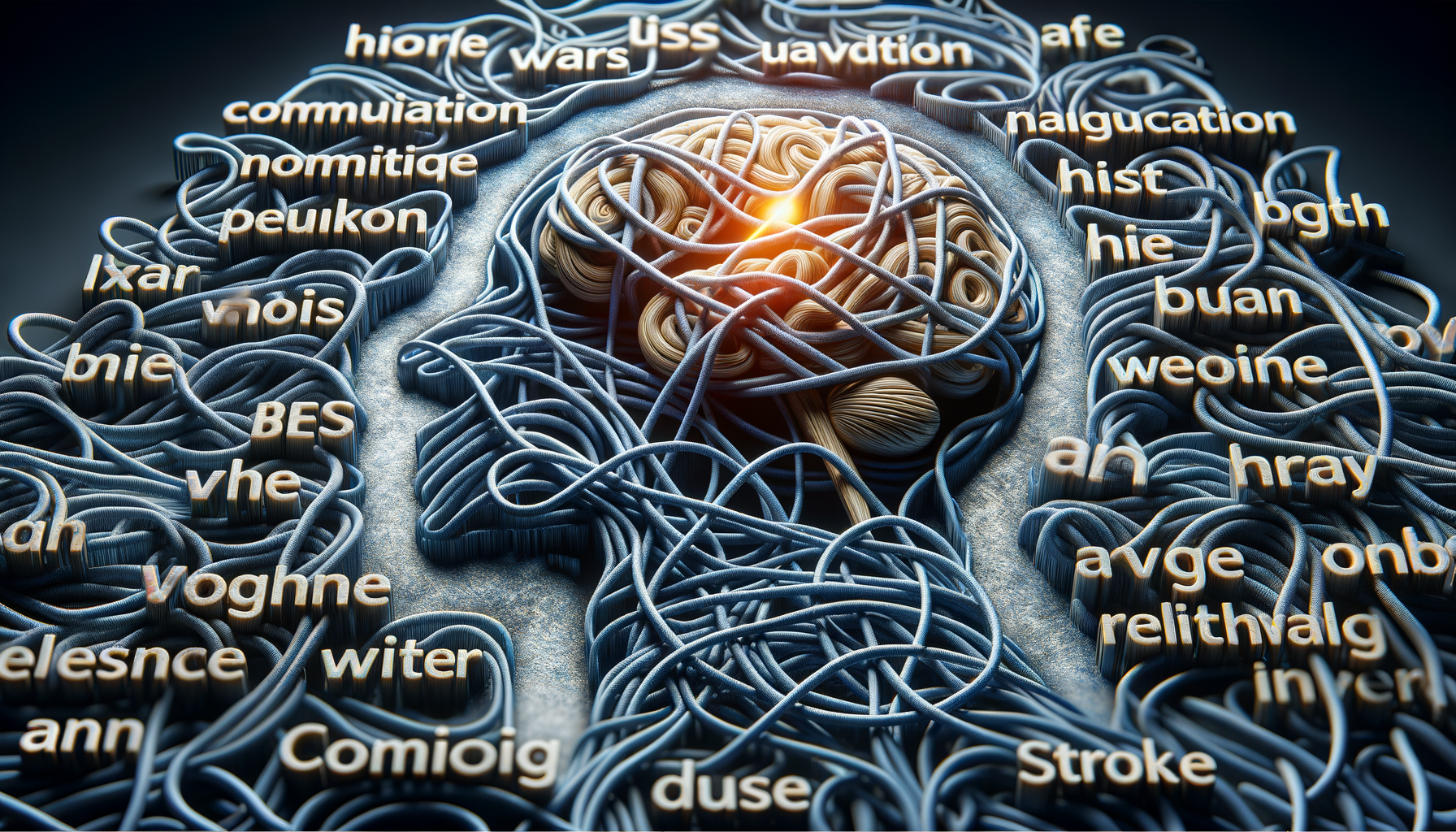How to navigate communication challenges with aphasia after stroke in elderly
How does communication become challenging when aphasia affects individuals following a stroke in later years? This condition can significantly alter how thoughts are expressed and language is understood. Exploring the nature of these difficulties offers insight into supporting affected individuals.

Understanding Aphasia in Elderly Stroke Survivors
Aphasia is a complex communication disorder that often arises after a stroke, particularly impacting elderly individuals. It affects the ability to express and understand language, which can be profoundly challenging for those who have relied on verbal communication throughout their lives. The condition varies in severity, from mild difficulties in finding words to complete loss of speech. For elderly stroke survivors, the impact of aphasia can be compounded by other age-related challenges such as hearing loss or cognitive decline.
Effective communication strategies for aphasia in elderly stroke survivors are crucial in maintaining their quality of life. These strategies involve adapting communication methods to the individual’s specific needs, which may include using simpler language, speaking slowly, and allowing more time for responses. Family members and caregivers play a vital role in implementing these strategies, as they are often the primary communication partners for the affected individuals.
Understanding the nature of aphasia and its impact on communication is the first step toward overcoming common communication challenges with aphasia after stroke. By recognizing the specific difficulties faced by elderly individuals, caregivers can tailor their approach to support effective communication and enhance the overall well-being of those affected.
Effective Communication Strategies and Challenges
Overcoming common communication challenges with aphasia after stroke requires a multifaceted approach. One of the primary challenges is the frustration and emotional distress that often accompany the inability to communicate effectively. This can lead to social isolation and depression, further complicating recovery.
Effective communication strategies for aphasia in elderly stroke survivors focus on patience and understanding. Caregivers are encouraged to maintain eye contact, use gestures, and employ visual aids to facilitate understanding. Repeating or rephrasing sentences can also aid comprehension, while encouraging the use of alternative communication methods such as writing or drawing can help express thoughts.
Another significant challenge is ensuring that the communication environment is conducive to effective interaction. This involves minimizing background noise and distractions, as well as ensuring that the individual has access to supportive tools and techniques for aphasia communication in elderly patients, such as communication boards or speech-generating devices. These tools can empower individuals to express themselves more freely, reducing frustration and enhancing communication.
Supportive Tools and Techniques for Enhanced Communication
Supportive tools and techniques for aphasia communication in elderly patients are essential in bridging the gap created by language difficulties. These tools range from low-tech solutions like picture cards and communication boards to high-tech devices such as tablets with specialized apps designed to aid communication.
One effective tool is the use of communication boards, which can be customized to include images and words relevant to the individual’s daily life. These boards allow individuals to point to pictures or words to convey their needs and thoughts, providing a sense of autonomy and reducing reliance on verbal communication.
High-tech solutions, such as speech-generating devices, offer a more advanced option for those who are comfortable with technology. These devices can be programmed with phrases and words that the individual frequently uses, allowing them to communicate more effectively. Additionally, apps designed for aphasia patients can be installed on tablets or smartphones, providing portable and accessible communication support.
Implementing these tools and techniques requires collaboration between the individual, their family, and healthcare professionals. Speech therapists can offer guidance on selecting and using appropriate tools, ensuring that the individual’s communication needs are met effectively. By embracing these supportive tools, elderly stroke survivors with aphasia can experience improved communication and a better quality of life.